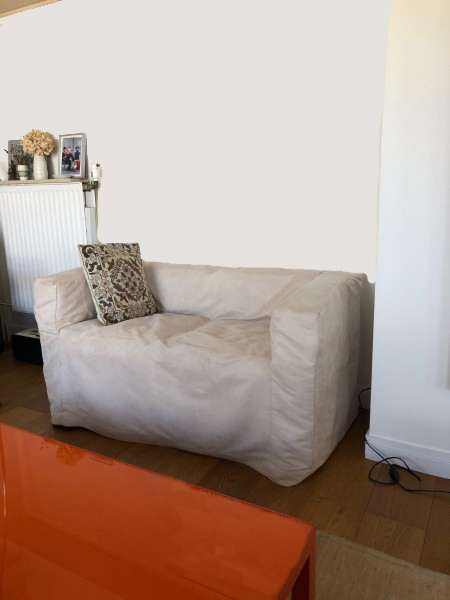My approach uses a combination of several schools of psychotherapy:
- Psycho-corporal Therapy – Gestalt Therapy
- Humanistic psychotherapy, centered on the person
- Therapeutic coaching, centered on the solution
I have chosen this model because it adapts to the individual and does not impose a unique approach. The patient is welcomed with kindness, without judgment and in total confidentiality. The patient can thus evoke freely both current suffering and older issues that prevent them from moving on. This is also a space for them to get to know themselves better.
How will our first consultation go?
Following an initial contact by email or phone, we will define the date of our first appointment.
During this consultation, we will discuss the motivations that lead you to initiate therapeutic work. It will also be an opportunity for me to meet you for the first time. I will answer any questions you may have about the “functioning” of therapy, the frequency of our appointments, the likely duration of the therapy and also any questions regarding my therapeutic practice. At the end of this first consultation, it is very likely that we know if we want to continue working together or not. It is important that we are both comfortable working with each other. I encourage you to consult several people to find the one with whom you feel confident to initiate your therapeutic work.
My consultations last 50 minutes. We will define their frequency together. I mostly recommend weekly consultations during the first months of therapeutic work before adapting.
Please contact me if you think I might be able to help you.
Consultation rooms
Paris 15 / Paris 7

My code of ethics
I have signed the code of ethics of my profession which is available on the website of the French Federation of Psychotherapy and Psychoanalysis (FF2P).
My aim is to protect patients while fostering a harmonious and fruitful therapeutic work. For that:
- I followed for several years a personal psychotherapy
- I was trained in theory and practice in psychology and in psychopathology
- I am supervised in my practice of psychotherapy by a group of peers
- I continue my training throughout the year through modules complementary to my initial training
I commit to the highest ethical and deontological standards of professionalism, confidentiality and discretion.
What does Gestalt Therapy stand for?
“Gestalt” comes from the German verb “gestalten” which means “to shape”, “to emerge”.
Gestalt therapy, born in the fifties in the United States, arrived in Europe in the 70s and is part of the psychotherapies of the Humanist current. Gestalt considers the Human being in a continuous interaction with others within their environment.
Gestalt therapy incorporates a global vision of oneself to better understand how we function. During consultations, bodily, emotional and sensory dimensions are mobilized.
Instead of focusing on the “Why?” of the situation, in Gestalt will focus on “How? ” which will mobilize change in order to move towards solutions for the patient.
Gestalt thus promotes authenticity of contact with others and is focused on the adjustments that the patient could operate within their environment in order to help them to change any repetitive behaviors that are not helping.
If you would like more information on Gestalt Therapy: http://www.counselling-directory.org.uk/gestalt-therapy.html
What do the “Humanistic” Therapies cover?
The Humanistic current consists of a psychology based on a positive view of the Human Being. This model of psychotherapy seeks to revive in the patient his innate tendency to self-actualize, to mobilize the forces of psychological growth and to develop his potential.
The Existential-Humanist approach is usually associated with the movement of Human potential. The “humanist” therapist builds on the patient’s conscious experience and introduces the postulate of self-determination: the person who consults can develop his or her ability to make personal choices.
More information on https://en.wikipedia.org/wiki/Humanistic_psychology
